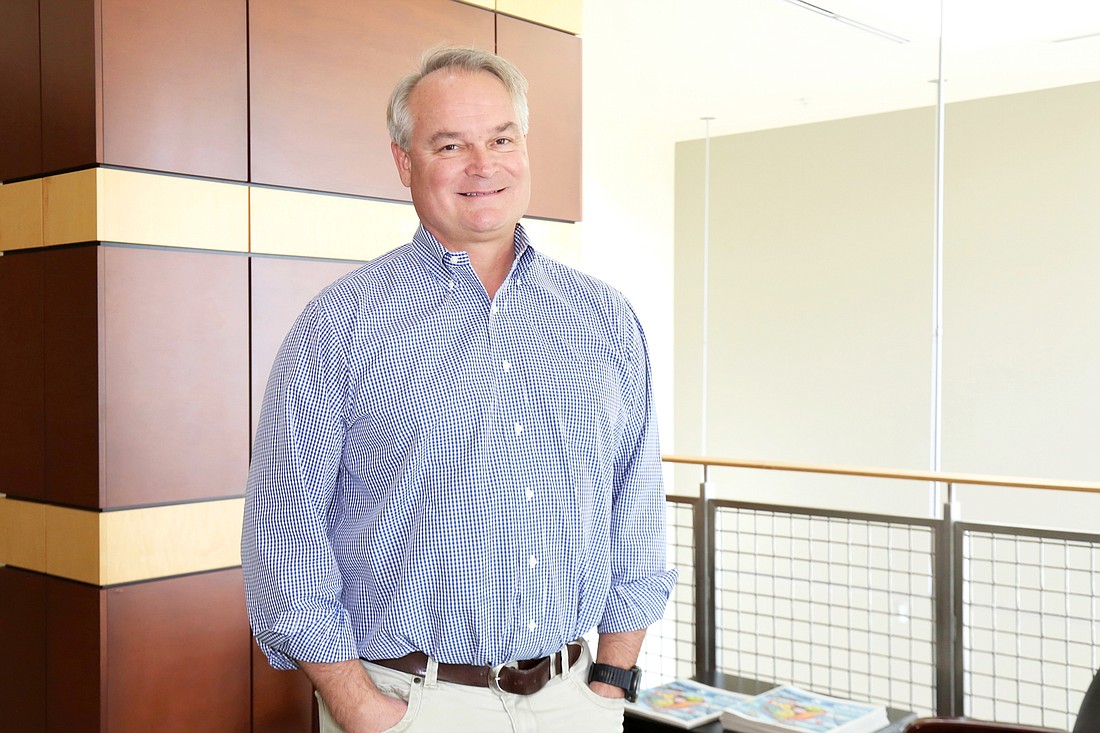- December 15, 2025
-
-
Loading

Loading

For most businesses, a paying customer is a good customer. But Naples orthopedic surgeon Dr. Michael Havig learned that his own practice, oddly, was turning away patients actually willing to pay for medical services.
These were people — including some area small business owners who were friends of his — who wanted to pay his office directly for a visit instead of using insurance. But because the office didn’t have an established system for this, these potential patients weren’t able to make appointments.